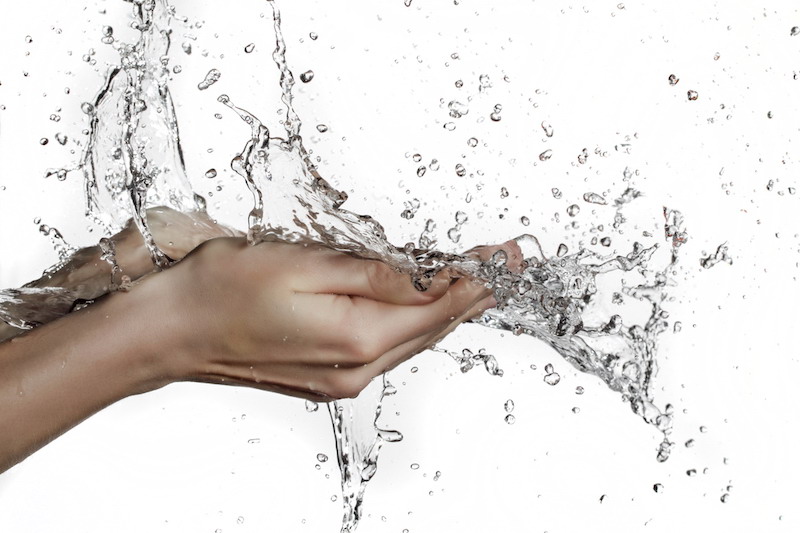Does the World Really Need Smart Hand-Washing Stations?

It is generally assumed that regular hand washing helps to reduce the spread of disease. That’s why you can go into any restaurant in America and find signage in the restrooms reminding employees to wash their hands before returning to work. It is why healthcare workers must routinely wash their hands after certain kinds of activities.
Our concerns about hand washing here in the U.S. are not unique, either. Throughout most of the developed world there seems to be an obsession with clean hands. So much so that smart hand-washing stations are starting to pop up. That’s right, smart hand-washing stations that are connected to your smartphone.
Are we ready for such a thing? More importantly, does the world really need it? Are we so bad at washing our hands that we now need help from our phones?
Basics of Smart Hand Washing
To get a better understanding of smart hand-washing stations we turn to a July 2019 article from Forbes contributor Yaron Carni. The article was inspired by a visit Carni made to a local restaurant, a visit in which he observed a restaurant employee returning to work from the restroom without first washing his hands.
Carni’s article focused on a company that makes internet-connected hand-washing stations for healthcare facilities, restaurants, schools, etc. The company is a hygiene company first and foremost, utilizing artificial intelligence to produce data that customers can use to improve hygiene.
Their smart hand-washing machines are loaded with a ton of technology. For example, the stations can identify people washing their hands as long as personal information is entered into the system. The stations also make note of the location. But that is not all.
Technology embedded in the stations captures data as users are washing their hands. The stations can analyze whether or not a person is washing his or her hands the right way. They can then send data directly to a user’s smartphone to let him or her know how he/she is doing in the hand washing department.
Other Uses for Smart Stations
If you think receiving hand washing data on your smartphone is cool, think about some of the other uses for the smart stations. For example, a restaurant could rely on the stations to enforce hand-washing requirements. Management would know whenever an employee follows proper procedures after using the restroom. And if you know who is following procedures, you also know who is not.
All sorts of facilities could benefit from the machines for controlling water and soap usage. Diagnostic data would clearly show how much of each is being used for a typical hand washing session. Then adjustments could be made to increase efficiency and subsequently reduce costs.
A Simple Activity Made Smarter
Washing one’s hands is a simple activity that is learned as a child. Yet it seems like we need constant reminding. Why is that? One reason could be a lack of knowledge about just how unhygienic the world can be.
Public restrooms are among the least hygienic environments in the developed world, explains Salt Lake City’s Alsco. As such, a big part of their services is a range of washroom supplies intended to improve hygiene through clean air, clean fixtures, etc.
If we can make a simple activity like hand washing smarter, perhaps we can make unhygienic environments a bit more hygienic. That is the thinking behind smart hand-washing machines. The stations may seem completely unnecessary, and perhaps they are, but they don’t do any harm. More importantly, they could actually do a lot of good.








